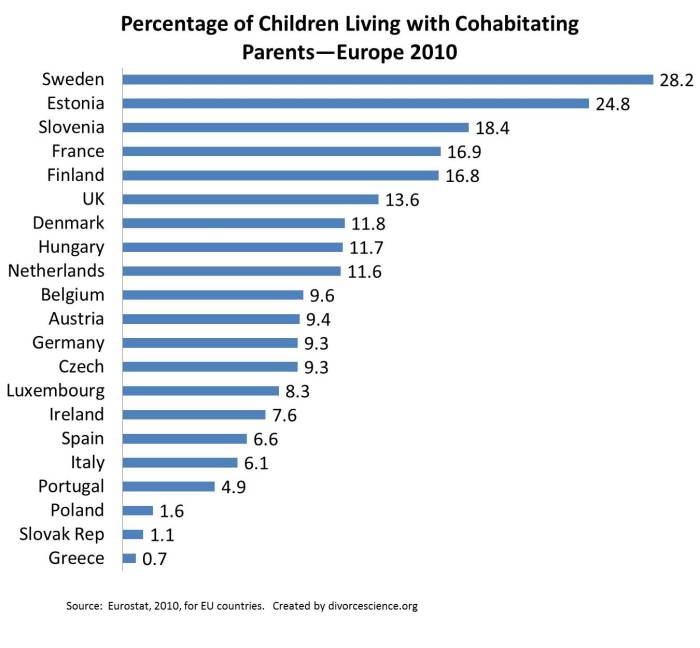Every parent with teens has probably found themselves in a fight over what to do about their teenager, but could the behavior the teenager in your family result in you getting a divorce? Turns out this may be the case. There is a lot of scientific evidence that has demonstrated that children influence parents and visa versa. When infants smile, their parents are more likely to continue to play or talk with them. And the play and talk encourage more smiling and laughter from babies. Positive emotions and behaviors in one member of the family seem to trigger positive responses in other members of the family. Sometimes we forget that this also works for negative emotions and behaviors as well.
Mary Julia Moore and Cheryl Buehler studied a group of middle school children over a 4-year period through early adolescence to examine the ways in which their behavior influenced the behavior of their parents. In particular, they were interested in the ways that problem behaviors may influence their parents’ likelihood of divorce. The scientists were interested in testing the pathway through which troublesome adolescent behavior may undermine the parents’ marriage. They hypothesize that when teenagers have trouble, this undermines parents’ feelings of effectiveness in parenting which may influence mothers or fathers to be less supportive to each other in trying to deal with the problem behavior. This hypothesis makes sense based on other scientific evidence and it all makes commonsense. If a parents feels like they are not getting their partner’s support in dealing with their teen challenging behavior, this seems likely to trigger feelings of resentment and overall distress. All of which might lead to questions about one’s marriage.
The scientist measured adolescents’ problem behavior when they were in the 6th grade. They measured both antisocial and hostile behaviors as well as behaviors such as depression. Both mothers and fathers were asked questions about whether they had thought about divorce and other questions to get a sense of their divorce proneness and questions about their sense of effectiveness as a parent. The analyses examined whether adolescent behaviors predicted parents’ divorce proneness 4 years later. The sample in this study was primarily White and had some college education. Some caution should be noted that these findings may not apply to all types of families.
As the scientists had expected, adolescents’ problem behaviors had a significant effect on the couple’s divorce proneness. This effect appears to be primarily through damage to mothers’ and fathers’ feelings about their parenting abilities. This is especially true for fathers; fathers who have difficulty managing their teen’s behavior feel badly and may give up trying to be a parent. The scientists also found that mothers and fathers’ feelings of effectiveness as parents influenced each other as well; when one parent was feeling less effective, the other, more effective parent begin thinking about divorce. It seems like when one parent gives up on trying to help manage the difficult behavior, the other parent perceives this as a lack of support. This lack of support seems to damage the marital relationship.
These findings remind us of the complexity of family relationships. All members of the family have an influence on each other. This can run in a positive direction or in a negative direction. These findings remind parents who are having difficulty with their children’s challenging behaviors to seek help with managing these behaviors. There are many effective parenting self-help books and programs that can be of assistance in dealing with children and there are many professionals who can help.
